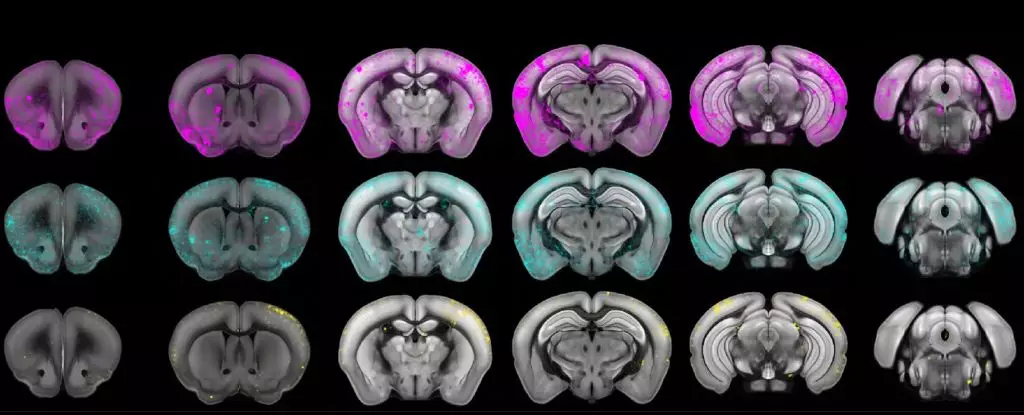A recent study conducted by neuroscientist Shahar Bracha and her team at the Massachusetts Institute of Technology has shed light on the potential of Toxoplasma gondii, a common parasite, as a means of delivering therapeutic proteins to the brain. This groundbreaking research has demonstrated that T. gondii, known for its ability to cross the blood-brain barrier, could be engineered to deliver essential proteins to brain cells, opening up new possibilities for treating neurological conditions that are historically challenging to access.
The blood-brain barrier acts as a protective membrane that separates blood vessels from brain tissue and the central nervous system, preventing the entry of harmful substances into the brain. However, this barrier poses a significant challenge when it comes to delivering therapeutic proteins to the brain, as it restricts the passage of hydrophilic and large molecules. T. gondii, with its unique ability to breach the blood-brain barrier, presents an intriguing opportunity to revolutionize the field of neuroscience.
Within the central nervous system, T. gondii primarily interacts with neurons, utilizing specialized organelles to secrete substances. In the study conducted by Bracha and her team, researchers targeted specific organelles within T. gondii, modifying them to secrete proteins that are known to treat various neurological conditions. By engineering T. gondii to deliver therapeutic proteins such as MeCP2, used in the treatment of Rett syndrome, the researchers were able to successfully deliver functional proteins to brain tissues, both in lab-grown organoids and living mice.
The researchers tested their engineered T. gondii in a variety of systems, including lab-grown human brain tissue organoids treated with MeCP2-delivering parasites. The results showed that the delivered protein effectively bound to the DNA of the organoids, altering gene expression in a significant way. In living mice infected with engineered T. gondii, the parasites successfully delivered MeCP2 with minimal side effects, highlighting the potential of this approach as a safe and effective means of therapeutic delivery to the brain.
The findings of this study not only pave the way for innovative treatments for neurological conditions but also offer a powerful new tool for investigating protein activity in neurons. With neurons traditionally being challenging to target with existing methods, the use of engineered T. gondii represents a promising avenue for further research and therapeutic development in the field of neuroscience. By harnessing the unique capabilities of this parasite, researchers may be able to unlock new possibilities for treating a range of brain-related ailments in the future.
The study conducted by Bracha and her team highlights the exciting potential of using T. gondii as a therapeutic delivery system for the brain. By leveraging the parasite’s ability to bypass the blood-brain barrier, researchers can effectively deliver essential proteins to brain cells, offering new hope for treating challenging neurological conditions. As further research and development are undertaken in this area, the future looks bright for utilizing parasites in a positive and transformative way within the realm of neuroscience.



Leave a Reply